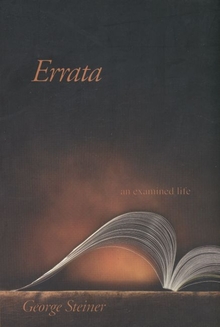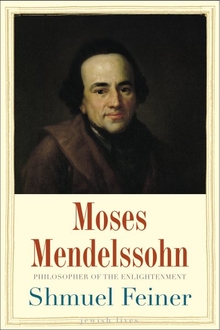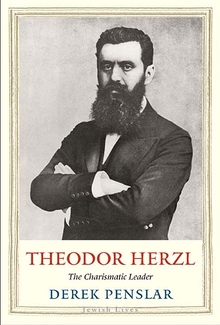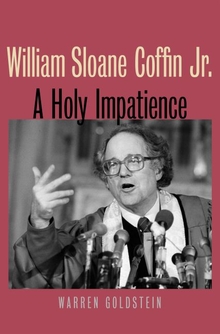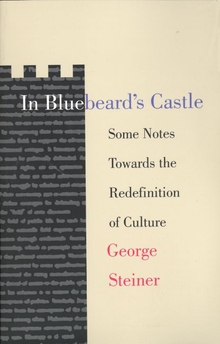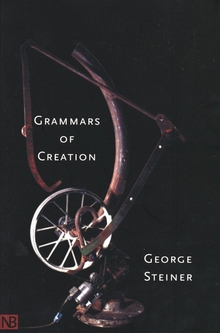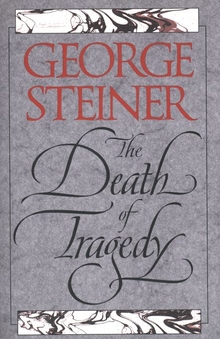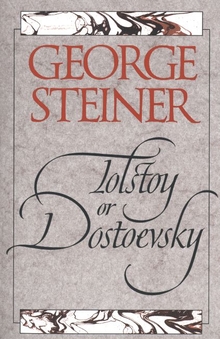Errata
WARNING
You are viewing an older version of the Yalebooks website. Please visit out new website with more updated information and a better user experience: https://www.yalebooks.com
An Examined Life
George Steiner
A selection of Readers’ Subscription
"In a series of elegant and thoughtful essays, [Steiner] traces important episodes in his intellectual growth and passion for high culture and learning. . . . Provocative and profound."—Library Journal
"Provocative and profound."—Thomas L. Cooksey, Library Journal
"Steiner knows that real life is the life of the mind, and so he dazzles his readers with the raison d'être of his passionate existence. . . . [This book] allows us an intimate and captivating glimpse into Steiner's mind and thought."—Publishers Weekly
"Steiner knows that real life is the life of the mind, and so dazzles his readers with the raison d’être of his passionate existence. . . Witty and rewarding. . .An intimate and captivating glimpse into Steiner’s mind and thought."—Publisher’s Weekly (starred review)
"A memoir, even an intellectual memoir, submits the writer to the common human risk of personal exposure. He may not be liked: he may not even be likable. Steiner as memoirist is not particularly likable, but just often enough he is irresistible."—Richard Eder, Los Angeles Times Book Review
"The reader notices the emotion: the anger, anguish and pride that cling to Steiner’s wrestle with such varied subjects as Judaism, music, teaching, literature, the problem of God along with its twin problem of Evil and much else. His mind bleeds as it thinks. Errata is a battle journal. . . . He is irresistible."—Richard Eder, Los Angeles Times Book Review
"[This book] is small, difficult, at times infuriating. Yet it is also brilliant, verging on profound—in short, a minor literary masterpiece."—Scot Stossel, Boston Phoenix
"Brilliant, verging on profound—in short, a minor literary masterpiece. . .Errata lays out a feast of ideas. . . In another writer’s hands, these reflections might seem hopelessly disparate, but Steiner brings them together through the prism of his writerly voice."—Scott Stossel, Boston Phoenix
"One of the great literary minds of our century turns inward to relate the story of his own life and the ways that people, places, and events have colored the central ideas and themes of his work."—American Bookseller
"An extraordinary self-portrait of a man who engages Big Questions in an age of ever-narrowing specialization, and who makes no apology for his elitist views about culture. . . . What Errata does, and does brilliantly, is put a human face on what is usually seen as the grand impersonality of his prose."—Sanford Pinsker, Philadelphia Inquirer
"An extraordinary self-portrait of a man who engages Big Questions in an age of ever-narrowing specialization . . . What Errata does, and does brilliantly, is put a human face on what is usually seen as the grand impersonality of [Steiner’s] prose. If Errata were merely an effort to combine wonderfully descriptive passages of Vienna, Chicago, Cambridge (Mass.) and Oxford with telling portraits of the teachers that formed his moral/intellectual consciousness (e.g. Allen Tate, Donald MacKinnon, and Humphrey House), it would warrant our attention. But Steiner’s memoir contains much, much more–not only mini-lectures on music and classical literature, but also a full sense of what it means to wrestle with the most recalcitrant questions of our age." —Sanford Pinsker
Readers will be surprised to find themselves bursting out in laughter in this new and comparatively brief book. It’s not a pleasure they’ve shared on other occasions with Mr. Steiner, who rarely veers from high culture, and it personalizes the author in ways both his admirers and detractors should find charming…But when he’s in his element, he has few peers, and Mr. Steiner is in his element when he writes of his enthusiasm for the classics. No prominent critic shows us better why the great books matter and how to bring to our reading of them what concentration and awareness we’re capable of."—Stephen Goode, Washington Times
"This intriguing and thoughtful book is, and is not, Steiner's autobiography. Writing about his ideas comes more naturally to him than writing about his lived experience....His exposition of his religious agnosticism is heartfelt and moving. He writes with passion about love, and ends by saying that he is unable, even in his worst hours, 'to abdicate from the belief that the two validating wonders of mortal existence are love and the invention of the future tense.' Amen."—Victoria Glendinning, Telegraph
"A profoundly beautiful autobiographical work which is all the more enlightening for its notes of humility and its deference to ideas and cultural landmarks in lieu of the customary chronicle of career and company. It is unlikely that we shall see a more refreshingly public autobiography this year. For Steiner appears much more eager to place the arc of his life and work in the context of this violent century's deepest currents of thought and action than to recount his triumphs and tribulations as one of the premier readers and interpreters of our age."—Brian Phillips, Literary Review
"All this sounds pretty damning, I know. Yet there is no literary critic in the world I—and many others—turn to with greater eagerness than Steiner. Even at his most pretentious he will always teach you something. He writes with unapologetic passion, reads everything in the library about his subject, and cares deeply about ideas, politics and history. Being trilingual, he has doggedly explored the nature of translation and linguistics."—Michael Dirda, Washington Post Book World
"George Steiner has written a compact, eloquent, impassioned, and deeply sad memoir that stresses his intellectual life while subordinating his personal life."—Gerhard Brand, Magill's Literary Annual 1999
"[A] wonderfully brisk synopsis of Steiner’s passionately held, and at times infuriating opinionated, ideas."—Mark Harman, Congress Monthly
“George Steiner’s own process of thought and articulation enlivens one to the very possibility of human existance.”—W. M. Hagen, World Literature Today
"Composing in a minor key, one of our great literary and cultural critics reflects on his life and the themes that have aroused his passion. . . . This new book amply rewards both casual readers and specialists."—Kirkus Reviews
"One of our great literary and cultural critics reflects on his life and the themes that have aroused his passion. . . .A beautifully written and intensely stimulating book. . . .This new book amply rewards both casual readers and specialists. Steiner’s work is a tribute to a single-minded originality that has been successful against the odds. He is inimitable."—Kirkus Reviews
Publication Date: October 11, 1999

